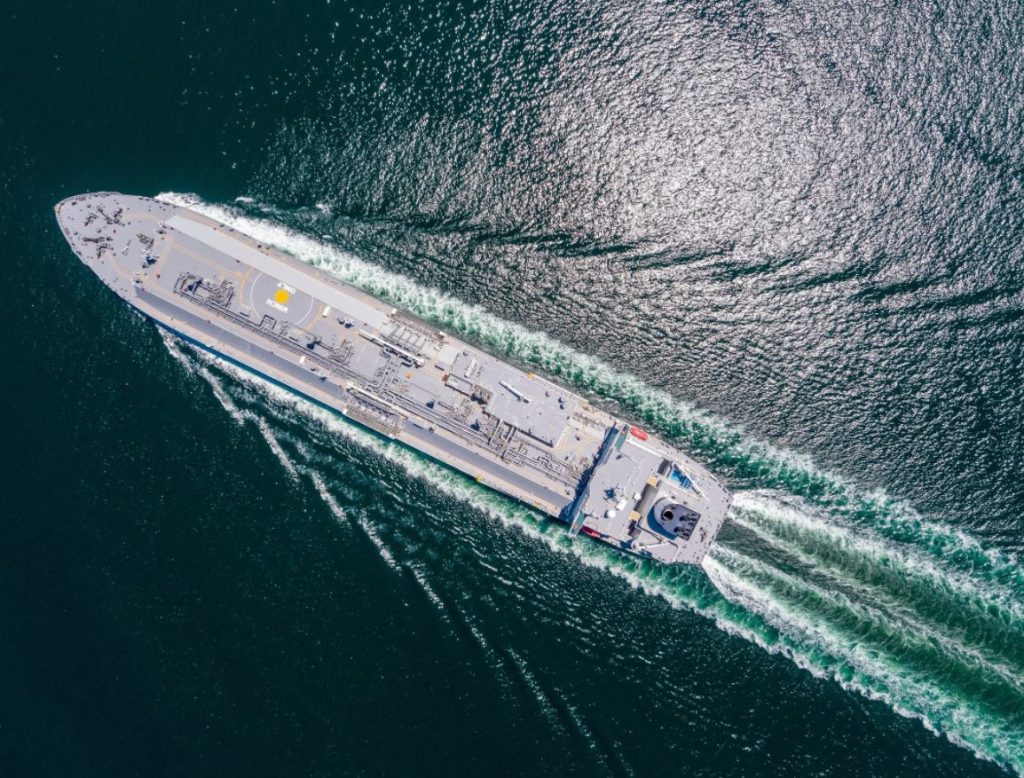LNG deliveries to Greece dropped in the January-September period due to lower volumes from the US and Qatar.
DESFA said in a report that its LNG import terminal located on the island of Revithoussa received in total 25 vessels in the period. This compares to 40 vessels in the same period last year.
The shipments totaled 18.14 terawatt hours, down about 30 percent when compared to 25.86 TWh in 2020, the Greek gas grid and LNG terminal operator said.
Also, imports from the US and Qatar dropped considerably, logging a decrease of 47.3 percent and 31.7 percent, respectively.
On the other side, LNG supplies from Algeria surged 102.2 percent and the African country covered about a quarter of the volumes delivered to the Revithoussa terminal during the period under review. Volumes from Egypt also rose 10 percent to 0.92 TWh.
The US leads with 44.3 percent of the total quantities imported, followed by Qatar with a 26.6 percent share, according to DESFA.
US deliveries via the Revithoussa terminal rose more than six times last year while Qatari shipments also logged a 22 percent rise as LNG dominated over pipeline gas due to lower spot prices last year.
However, spot LNG prices surged to record levels this year, diverting cargoes from Europe to markets in Asia. Greece’s LNG imports dropped 43.4 percent in the first half of this year as the country boosted pipeline imports due to high spot LNG prices.
Despite lower LNG imports, Greece’s domestic gas consumption increased by 13.4 percent in the January-September period, reaching 52.46 TWh from 46.24 TWh in the same period of last year.
Total gas imports, including pipeline supplies, amounted to 57.73 TWh, recording an increase compared to 53.54 TWh in the first nine months of 2020, DESFA said.

